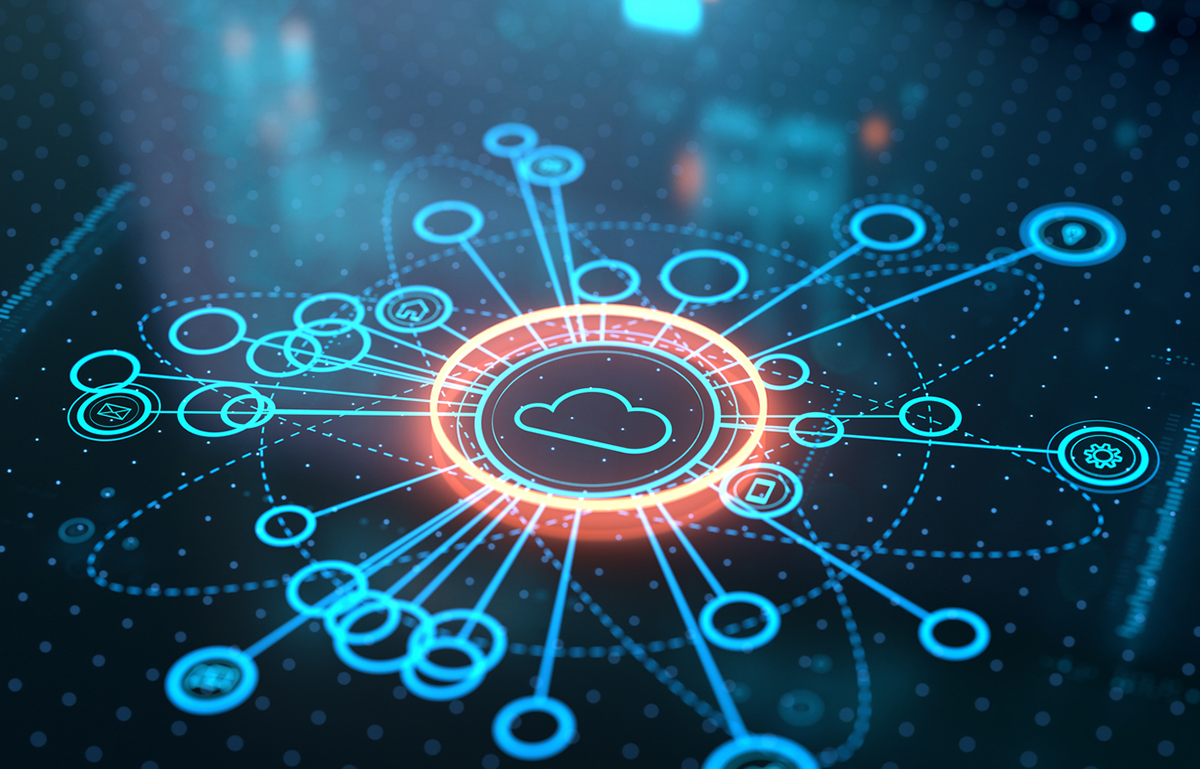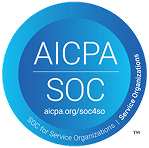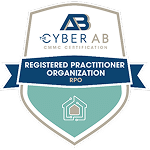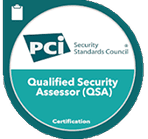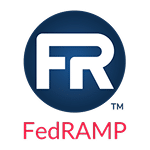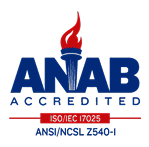Robust compliance strategies help SaaS companies reduce cyber threats, build client trust, and ensure business continuity amid the evolving regulatory landscape within regulated markets.
In today’s cloud-driven environment, implementing robust compliance strategies has become essential for securely transmitting, processing, and storing personal and financial data. This approach is crucial for maintaining trust and protecting client information. Software-as-a-service (SaaS) companies managing sensitive data now face increasing pressure to meet dynamic security and regulatory standards.
The risks of non-compliance are significant, threatening client trust, leading to costly penalties, and potentially disrupting business operations. For instance, non-compliance with GDPR can result in fines of up to 4% of annual global turnover or € 20 million (USD 21 million), whichever is greater. SaaS providers can establish security practices using compliance frameworks such as Payment Card Industry Data Security Standard (PCI DSS), System and Organization Controls (SOC), National Institute of Standards and Technology Special Publication 800 Series (NIST SP 800), Health Information Trust Alliance (HITRUST), and International Organization for Standardization 27000 (ISO 27000). These frameworks help safeguard against cyber threats, maintain data integrity, and ensure systems are resilient against sophisticated attacks.
In this blog, we’ll explore proactive compliance strategies crafted to help SaaS companies meet today’s rigorous security demands. By adopting these approaches, your company can build trust, mitigate cyber risks, and proactively adapt to the dynamic regulatory landscape.
Why Compliance is Critical for SaaS Companies
Mitigating Security Risks
As SaaS companies manage more sensitive data, such as Personally Identifiable Information (PII) and financial records, security risks increase. However, compliance frameworks like PCI DSS, HITRUST, and SOC 2 implement controls like data encryption, multifactor authentication (MFA), and strong identity and access management (IAM) to mitigate these risks, providing a sense of security and safety.
These frameworks also highlight the need for continuous monitoring and threat detection, including real-time logging, anomaly detection, and regular vulnerability assessments. For instance, SOC 2 requires monitoring access logs, while NIST SP 800-53 emphasizes vulnerability scans and penetration testing. Compliance strategies prioritize proactive threat detection and prevention, helping SaaS providers stay ahead in security.
Adapting to Regulatory Demands
To remain compliant, SaaS companies must adopt proactive strategies that address evolving regulatory demands, including GDPR, the California Consumer Privacy Act (CCPA), and the California Privacy Rights Act (CPRA). This requires regular updates to data privacy policies, access controls, and encryption methods to remain current with global standards.
Achieving and maintaining compliance often involves integrating frameworks like ISO 27001 and NIST SP 800-53 into the software development lifecycle (SDLC). For instance, ISO 27001 emphasizes data security measures such as encryption, tokenization, and anonymization.
Meanwhile, NIST SP 800-53 provides guidelines for vulnerability testing, which are essential for identifying and mitigating security risks. By proactively addressing these compliance requirements, SaaS companies can stay aligned with regulatory demands and minimize the risk of costly penalties and reputational harm.
Key Compliance Programs and How They Benefit SaaS Companies
Below is an overview of some SaaS companies’ most impactful compliance programs. Each framework offers unique benefits that collectively strengthen security, enhance client trust, and support market growth.
PCI DSS
The (PCI DSS) is a global security framework that mandates the secure storage, processing, and transmission of credit card data. Achieving PCI DSS compliance requires SaaS companies to implement strict controls in network security, access control, encryption, and regular security testing.
For SaaS providers that handle online payments, PCI DSS compliance significantly reduces the risk of data breaches involving cardholder information, preventing fraud and reducing liability. Additionally, PCI DSS mandates secure software development practices, which further protect client data and help companies avoid potential penalties associated with non-compliance.
SOC 1, SOC 2, and SOC 3
SOC examinations provide reporting frameworks for presenting internal controls critical to operational integrity and information security. For SaaS companies, SOC reports validate adherence to security best practices and offer third-party assurance of data protection measures, which is essential for building trust with clients and partners.
- SOC 1 addresses the internal controls of a service organization and the effect those controls may have on a user entity’s financial statements.
- SOC 2 centers on five “trust service criteria”—security, availability, processing integrity, confidentiality, and privacy. This is particularly relevant for SaaS companies handling customer data, as SOC 2 assesses security policies, incident response, encryption, and access controls.
- SOC 3 summarizes the SOC 2 report, which is suitable for public use. It helps companies communicate compliance commitments without revealing extensive technical details—an excellent tool for building client confidence.
NIST SP 800 Series
The NIST Special Publication 800 series provides a framework for managing cybersecurity risks, focusing on cloud security, incident response, and vulnerability management. It helps SaaS companies comply with access control and data storage standards, standardizes risk management, enhances cybersecurity practices, and prepares organizations for regulations like FedRAMP and CMMC.
The framework’s controls support several key technical benefits for SaaS providers, such as:
- Enhanced Access Controls: The NIST framework emphasizes IAM, promoting MFA and role-based access controls to ensure only authorized users can access the system.
- Continuous Monitoring and Incident Response: NIST SP 800 advocates for continuous monitoring tools to detect real-time anomalies and threats. Implementing Security Information and Event Management (SIEM) solutions allows companies to identify and respond to incidents before they escalate swiftly.
- Data Encryption and Secure Storage: SaaS providers benefit from NIST’s data encryption standards at rest and in transit, ensuring sensitive client information is secure from unauthorized access.
- Vulnerability and Patch Management: SaaS companies can enhance their patch management processes, following NIST SP 800’s recommendations, to effectively identify and mitigate vulnerabilities, reducing their risk of exploits and attacks.
HITRUST CSF (Common Security Framework)
HITRUST CSF integrates HIPAA, NIST, ISO, and PCI DSS standards to provide a comprehensive risk management framework that is especially valuable for regulated industries like healthcare. HITRUST certification demonstrates a commitment to data protection and compliance, validating that companies meet high standards in encryption, MFA, and access controls.
For SaaS companies handling protected health information (PHI), HITRUST certification facilitates growth in the healthcare sector and helps reduce audit fatigue by meeting multiple compliance standards through a unified framework.
ISO 27001 (Information Security Management)
The ISO 27000 series, especially ISO 27001, is a global framework for establishing and improving an Information Security Management System (ISMS). Certification requires organizations to follow a “Plan-Do-Check-Act” (PDCA) cycle, fostering continuous improvement in information security amidst evolving cybersecurity challenges.
For SaaS companies, achieving an ISO 27000-based certification demonstrates adherence to rigorous global data protection standards, which is crucial for expanding into international markets.
Government Compliance Programs
SaaS companies working with government entities must meet strict compliance standards to ensure data security and trust. Programs like StateRAMP, FedRAMP, the Federal Information Security Management Act (FISMA), and Cybersecurity Maturity Model Certification (CMMC) set rigorous data handling and access control benchmarks essential for collaborating with state, federal, and Department of Defense (DoD) agencies.
Here’s how these key frameworks help SaaS providers secure vital public-sector partnerships:
- StateRAMP and FedRAMP: These frameworks establish strict requirements for SaaS companies offering cloud services to government entities, ensuring secure data handling. FedRAMP mandates a detailed security assessment with continuous monitoring and incident response capabilities, requiring over 300 security controls across various domains. Similarly, StateRAMP adapts FedRAMP’s high-security standards to address state-specific needs, enabling SaaS companies to deliver secure services across government levels.
- FISMA: FISMA requires organizations managing federal information to adhere to NIST SP 800-53 security protocols, including risk assessment, access control, and encryption. SaaS companies must undergo a thorough Authorization to Operate (ATO) process, document security controls, and perform regular vulnerability assessments. Compliance is vital for building trust and accountability when handling federal data.
- CMMC: The CMMC framework safeguards Federal Contract Information (FCI) and Controlled Unclassified Information (CUI) in the DoD supply chain. SaaS providers must achieve one of five certification levels, from basic cybersecurity at Level 1 to advanced practices at Level 5, which includes threat hunting and penetration testing. Compliance involves strict access controls, audit logging, regular training, and encryption for CUI.

